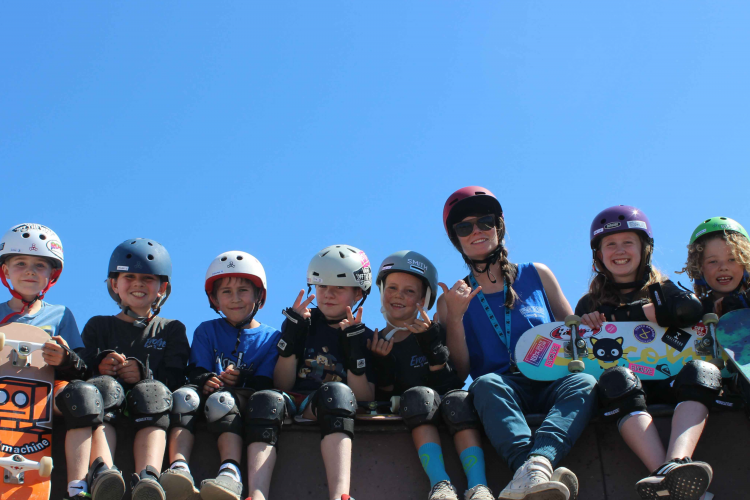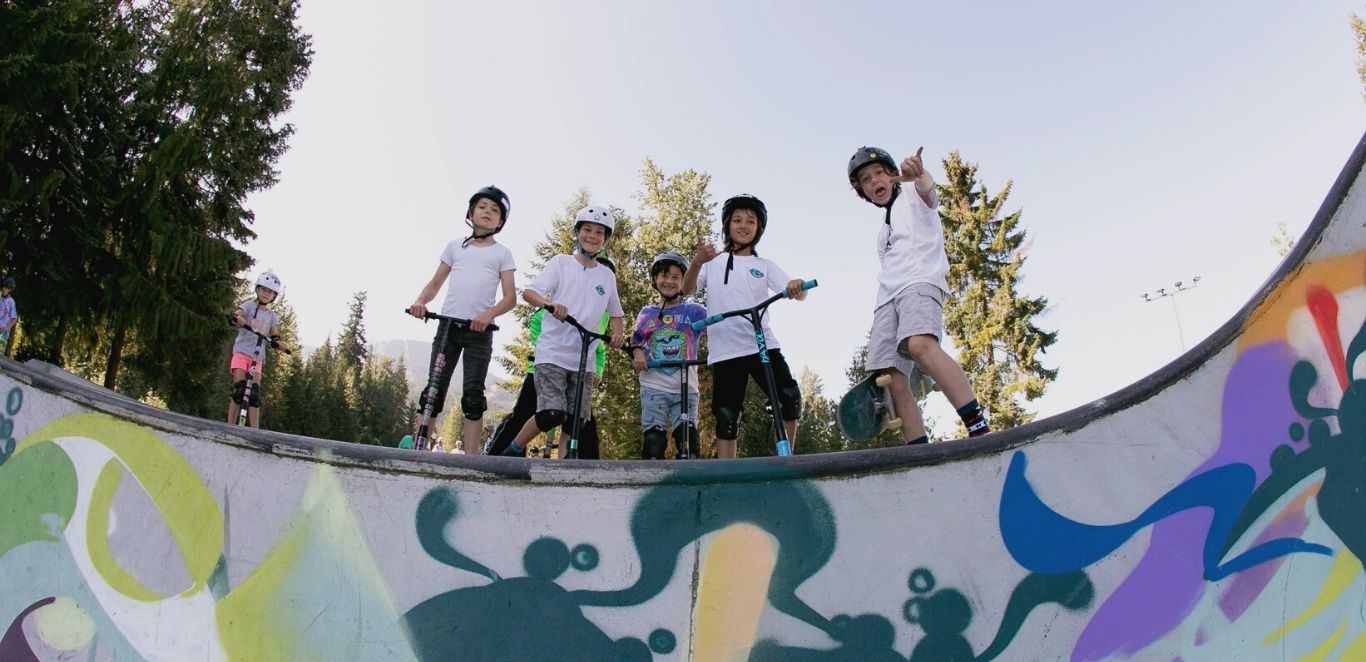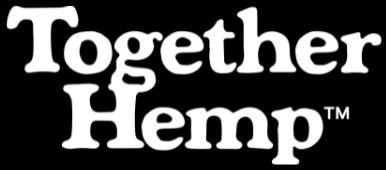When imagining what it takes to become an adept athlete, we always think about the physical abilities required to master a sport.

Rigorous cardio exercise and strenuous strength training come to mind as key influencers in the proficiency of a sport.
We think about concepts like “muscle memory” and “conditioning” when establishing what it takes to make it to the top.
However, it is not solely the physical capabilities of athletes that make them skilled in a sport. The mental aspect of athletics also plays a huge role.
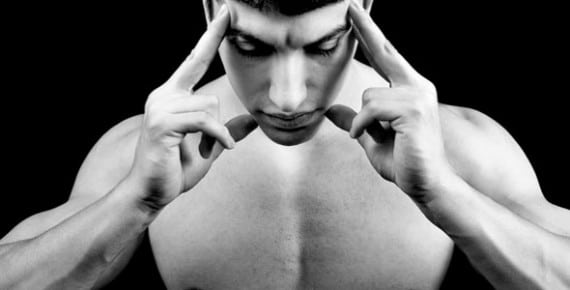
This is especially true in the world of freestyle sports.
We often forget that half of the challenge of landing a jump or grinding a rail is the mental aspect.
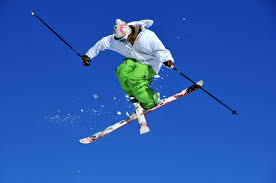
Once we’ve mastered the core fundamentals of a freestyle sport, there comes a jump in our learning curve where we have to beat the little voice inside of our head in order to improve our skills.
Think about this:
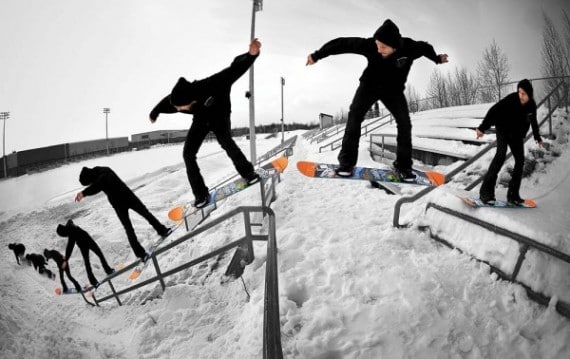
You’ve got your basics down pat. You carve the hill as if it’s a no brainer. You pass a beginner on your toeside, while quickly gliding past the next on your heelside. You catch an icy patch and don’t miss a beat – opting to either dig your edge in a little harder than before, or to float over the sheet of ice as if you were riding one giant box. You continue down the hill alternating between regular and switch to give your back leg a break.
Clearly you’re a seasoned boarder.
You come to the snowpark to attempt a new trick: A frontside boardslide off of a rail.
50 000 thoughts are rushing through your mind as you approach the gap. You have the skills, but do you have the guts?
Will you chicken out and go for a 50/50 instead, or will you go for it and land the slide?
Mental agility is clearly just as important as physical agility in the situation above.
In his article “Snowboarders and Peak Performance” Dr. Alan Goldberg, a sports performance consultant, explains this phenomenon:
“ Getting good as an snowboarder in practice is 95% physical and 5% mental. Translation: You have to work hard on your conditioning and “physical game” to make it happen. However, once you line up against your opponents or right before you drop in, the percentages flip flop. Being successful is then 95% mental and 5% physical”
– Dr. Alan Goldberg
Challenging yourself in a park takes mental stamina and learned techniques. Practice can build your confidence and encourage you to challenge your fears.
This practice, however, does not need to just be on the slopes. Check out some of the training techniques we found online. Helping you to increase your mental performance on the mountain, by practicing off the mountain:
NY Times – Olympian technique: Mental Imagery
The Bridge Ski Foundation Program for Mental Training
